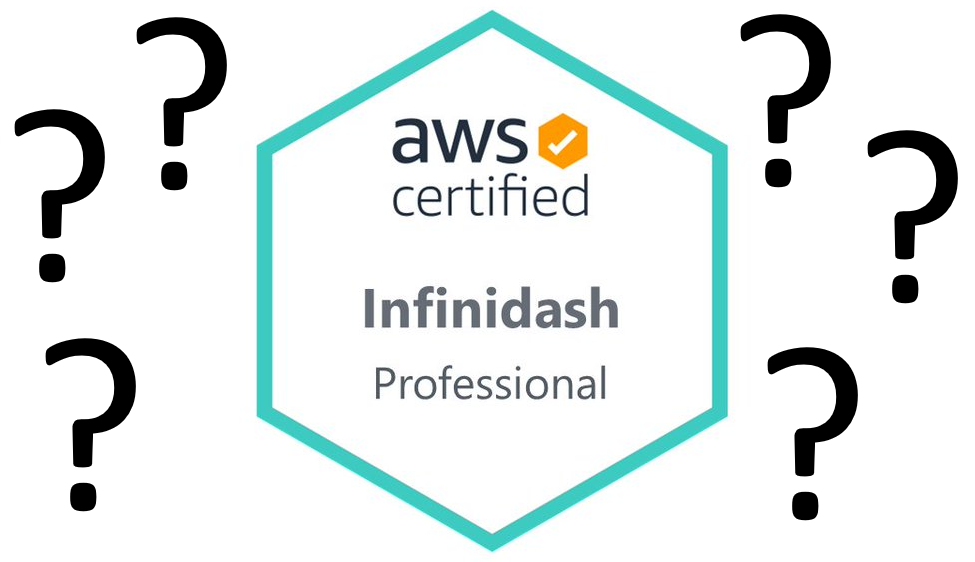It seems everyone is suddenly an expert in this exciting new tech. And if you weren't paying attention, you may have missed the joke behind all of this – that it's an entirely made-up technology. Funny as the twitter shenangans were, I think there's a point hiding here for us as developers. What is it? Well...
 url copied!
url copied!

So if you're behind the curve here, let me explain. There was a tweet last week where someone joked that (because of the bland and impenetrable naming of many cloud products), you could get a bunch of people to tweet about a completely made-up a new product name, and before too long it would be appearing on job adverts:
I am convinced that a small and dedicated group of twitter devs could tweet hot takes about a completely made up AWS product, idk AWS Infinidash or something, and it would appear as a requirement on job specs within a week
— Joe Nash (@jna_sh) June 30, 2021
Now it's a few days later, and we've got an avalanche of people joining in the joke. There have been blog posts, videos, and an whole load of tweets. And, to bring the whole thing full-circle, the recruiters at Signal have given the world a sly wink, and put the made-up tech on a job advert:
 url copied!
url copied!
Look at the current world of Sitecore. There are loads of technical terms that get thrown about in our discussions. In the last week I've used "Kubernetes", "JAMStack", "CaaS", "Headless", "PaaS" and "MACH" in conversation – and that's just talking about infrastructure patterns. There are plenty more if we widen the discussion to other topics.
So on one hand we these things can cause a recruitment challenge – there's unsurprisingly a sort of vicious circle between technologies getting mentioned in public discussion and them becoming the sort of thing that ends up with a "five years experience in" requirement appearing on lots of job adverts. (Often despite them being less than five years old as a concept) And on the other hand we have a sales challenge, because clients hear terms and start to demand them without really understanding the implications.
These are both issues I've experienced directly – and I think they leave us with a problem.
 url copied!
url copied!
Firstly: Try not to rely on the buzzwords when you're communicating – try to explain things clearly. It's a common problem in discussions that if you say "anyone not understand X?" that people will generally not speak up. So finding ways of weaving the explanation into your discussions can help everyone understand. This will help your fellow developers learn, and increase their knowledge. And it will help your clients understand things more clearly.
And don't forget that explaining and teaching are a good thing overall:
Secondly: When recruiting don't get obsessed with lists of specific skills. If your job adverts are a tick-box list of 27 different technologies, you're doing it wrong. The best developers I work with are people who are interested in learning. So if they don't know some of the things you need they can pick it up reasonably quickly. And giving those developers the opportunity to expand their skills is also helpful for recruitment. Some managers worry that will lead to people leaving to sell these new skills elsewhere – but HR experts suggest that helping people learn and grow is likely to make them more likely to stay with you.
Thirdly: Buzzwords don't solve client problems – good requirements and correct technology choices do. It doesn't really matter what the most recent "exciting buzzword" is. If you want to make your clients happy, you need to be making the right technical choices for to solve their business problems. So you need to understand both their needs, and the options. And sometimes you'll need to use your skills at explaining these things to try and help clients understand why the tech they're asking for is not actually right for them.
So maybe don't jump on the "Infinidash for Sitecore" bandwagon unless you're really sure it will help 😉
↑ Back to top